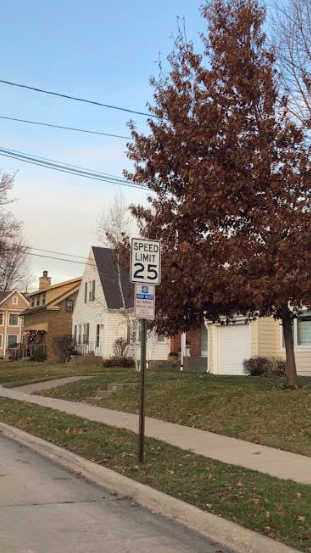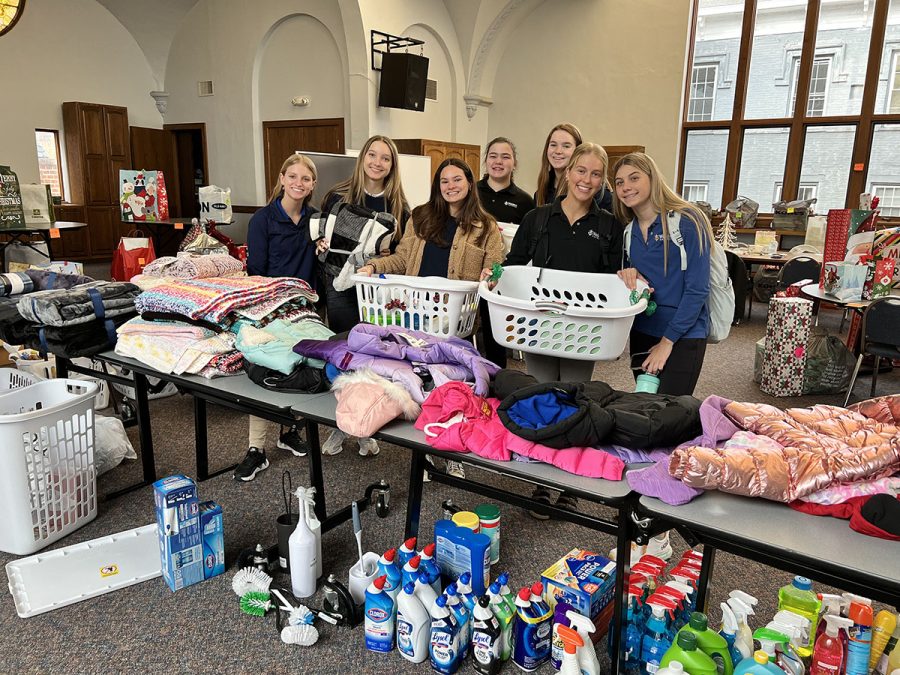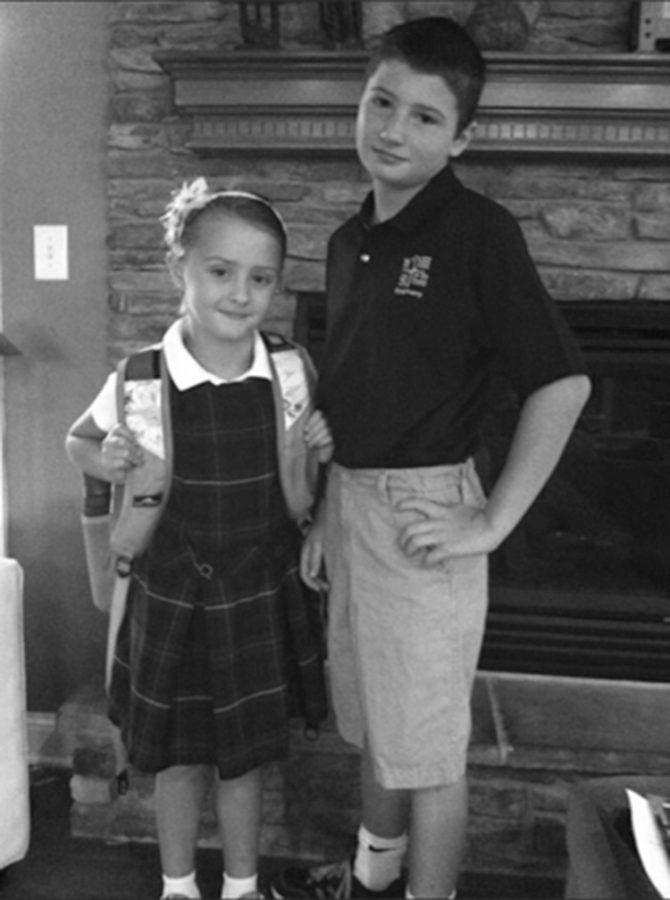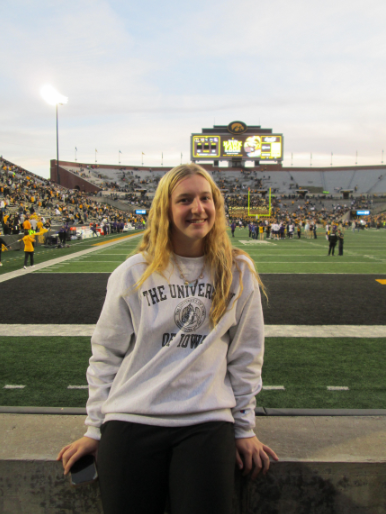
A little over a year ago, there was a fatal crash involving three teens on the Northwest Arterial. The crash was just one among six fatalities caused by speeding in Dubuque in 2022.
According to the Telegraph Herald, in 2022 there were 804 non-fatal crashes related to speeding in Dubuque. Now, Dubuque officials are hoping that speed cameras will stop this from happening again.
“A University of Chicago study on Automated Speed Enforcement (ASE) showed that utilization of a system can reduce motor vehicle accidents by 15 percent. I believe that the cameras will change the behaviors of drivers,” said Katy Wethal, a council woman on the Dubuque City Council.
The new traffic monitoring system would be put up in locations like downtown and heavily traveled highways across the Dubuque area. According to a Telegraph Herald Infographic study done in June, 51 percent of people driving on the Northwest Arterial go over 10 miles per hour over the limit.
However, students have mixed feelings about the speed cameras.
Myla Breithaupt, ‘25, “I think that the cameras are good for preventing crashes, but bad if you’re late to school,”
In places where the speed limit is under 45 miles per hour, people won’t receive a ticket until they go 11 miles per hour over the speed limit. In places where the speed limit is over 45 miles per hour, people won’t be ticketed until they reach 16 miles per hour over the speed limit.
Julia Busch, ‘24, said, “I think I’m a good driver, but I’m a fast driver. I think that I’ll be getting a few more tickets in the mail.”
While many students think they are good drivers, this will be put to the test with the new speed enforcement cameras since, according to the Iowa DOT, teenagers are more likely to get tickets related to speeding.
Wil Welbes, ‘26, said, “I don’t think that the cameras will affect my driving because I don’t speed.”
However, Alex Briggs, ‘24, thinks that the cameras will impact his and others’ driving a lot.
Briggs said, “It’ll definitely cause people to slow down a bit, just to play it safe.”
Aside from the cameras, there are other ways to make roads a safer environment. Many students believe that parking lot traffic after school is an issue that needs fixing.
Chase Miller, ‘26, said, “Directing the flow of the Wahlert traffic after school would help a lot.”
Although they may not help the parking lot issue, for now, the new traffic monitoring system will attempt to address one concern.
But until they are functioning, “No cop, no stop,” said Busch.









